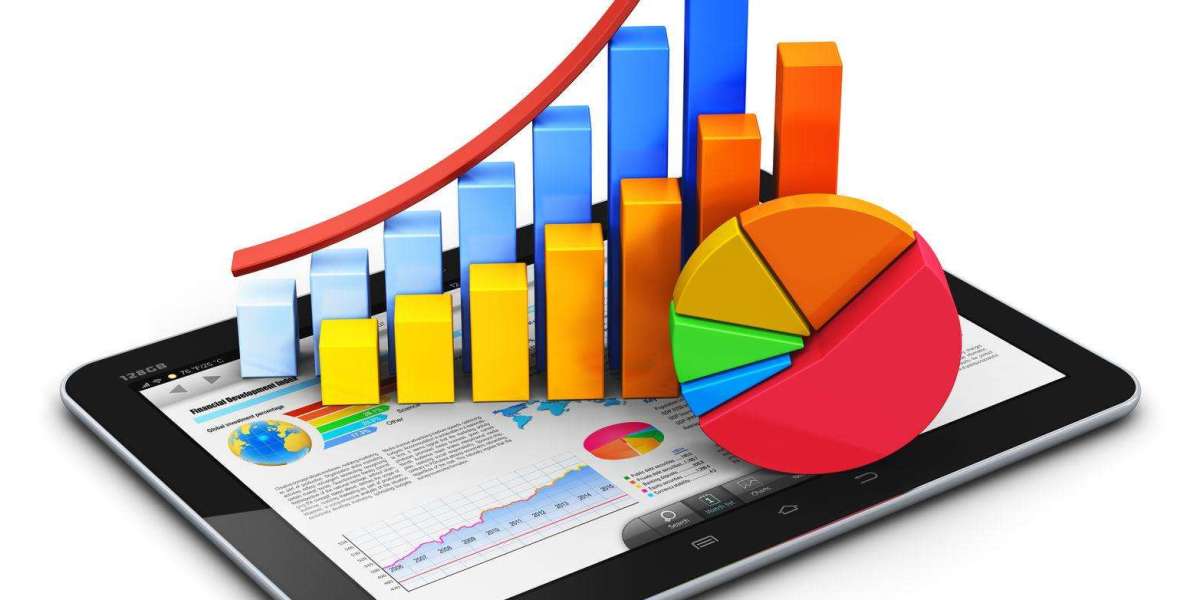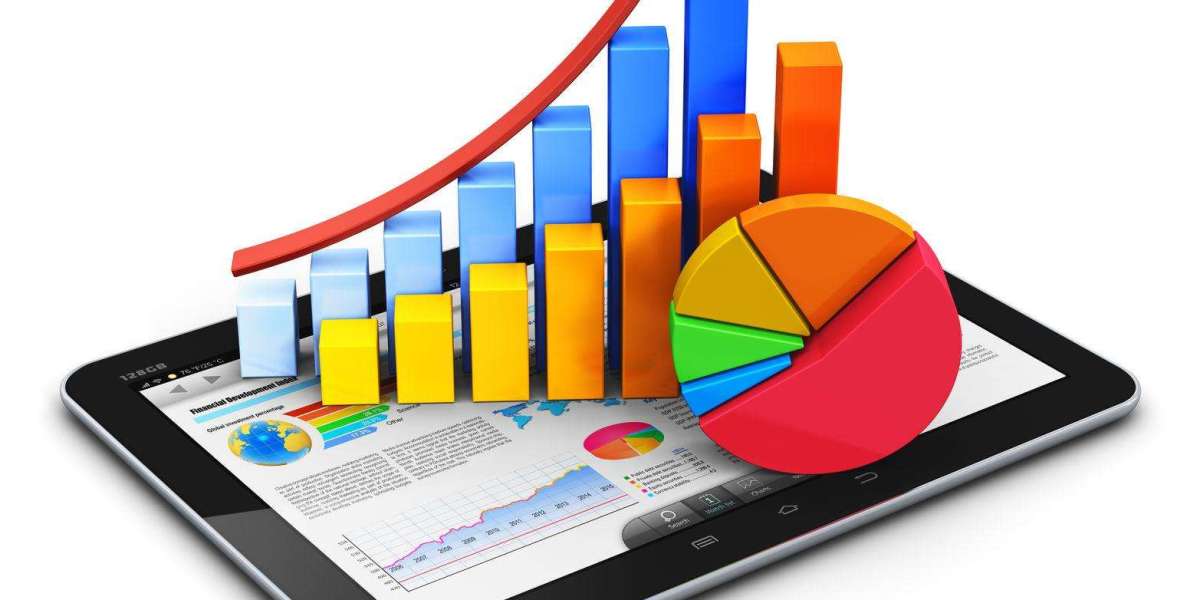Introduction
Climate change is one of the most pressing challenges of our time, impacting ecosystems, economies, and societies worldwide. The increasing severity of extreme weather events and rising global temperatures have urged scientists and policymakers to take action. In this pursuit, data science has emerged as a vital tool, empowering researchers to gather, analyze, and interpret vast amounts of data to understand and address climate change. This article explores the pivotal role of data science in climate change research and how it contributes to informed decision-making and sustainable solutions.
- Data Collection and Analysis
Data science plays a crucial role in collecting and processing climate-related data. Climate scientists use a range of sources, such as satellites, weather stations, ocean buoys, and climate models, to gather data on temperature, precipitation, greenhouse gases, and more. Data science techniques, including machine learning algorithms, enable the identification of patterns, trends, and anomalies in this vast and complex dataset, facilitating a comprehensive understanding of climate dynamics.
- Climate Modeling and Projections
Climate models are instrumental in predicting future climate scenarios. These models simulate the interactions between various climate variables and help scientists project potential outcomes based on different emission scenarios. Data science assists in improving the accuracy and precision of these models by integrating observational data, enhancing parameterizations, and refining model algorithms.
Data science is most important field to make carrier in IT.
- Climate Monitoring and Early Warning Systems
Data science facilitates the development of climate monitoring and early warning systems. Real-time data analysis enables the detection of extreme weather events, such as hurricanes, floods, and droughts, providing timely warnings to vulnerable communities and enabling disaster preparedness and response measures.
- Identifying Climate Trends
Data science aids in identifying long-term climate trends. By analyzing historical data, researchers can discern patterns of temperature change, glacier retreat, sea-level rise, and other climate-related phenomena. These insights are crucial for understanding the impacts of climate change and devising mitigation strategies.
- Climate Attribution Studies
Data science techniques are pivotal in climate attribution studies. Scientists can assess the extent to which specific extreme weather events, like heatwaves or hurricanes, are influenced by climate change. This knowledge is essential in attributing responsibility and understanding the risks associated with future events.
- Optimizing Renewable Energy
Data science plays a significant role in optimizing renewable energy solutions. By analyzing weather patterns and energy consumption data, researchers can optimize the integration of renewable energy sources like solar and wind power into existing energy grids, reducing carbon emissions and enhancing energy efficiency.
- Climate Adaptation Strategies
Data science informs the development of climate adaptation strategies. By analyzing data from vulnerable regions, scientists can identify potential impacts and vulnerabilities, leading to the formulation of targeted adaptation measures to safeguard communities, infrastructure, and ecosystems.
- Biodiversity Conservation
Data science supports biodiversity conservation efforts by analyzing ecological data and identifying areas of high biodiversity. This information aids in prioritizing conservation efforts and safeguarding species and ecosystems threatened by climate change.
- Climate Finance and Policy
Data science contributes to climate finance and policy decisions. By analyzing economic data, emissions trends, and policy impacts, governments and organizations can make informed decisions regarding investments in climate resilience and mitigation measures.
- Public Awareness and Advocacy
Data science enhances public awareness and advocacy for climate action. Visualizations and interactive tools based on climate data make complex scientific information more accessible to the general public, fostering a broader understanding of climate change's urgency and encouraging individual actions to combat it.
Conclusion
In conclusion, data science plays an indispensable role in climate change research, empowering scientists, policymakers, and communities to make informed decisions and take effective action. As climate change continues to accelerate, the collaboration between data scientists, climate experts, and policymakers will be vital in developing sustainable solutions to safeguard our planet's future. Harnessing the power of data science offers hope in mitigating the impacts of climate change and creating a more resilient and sustainable world.









